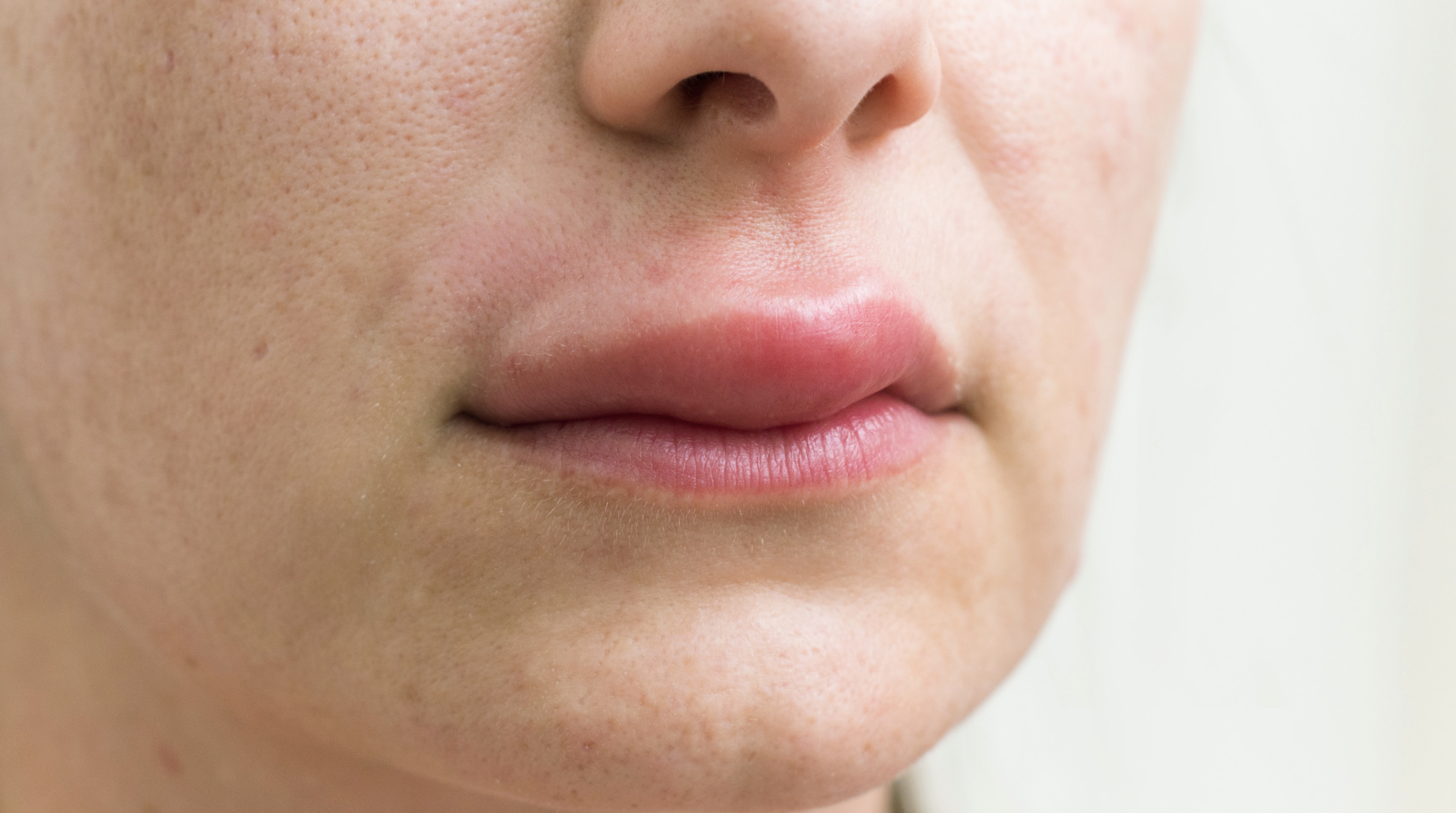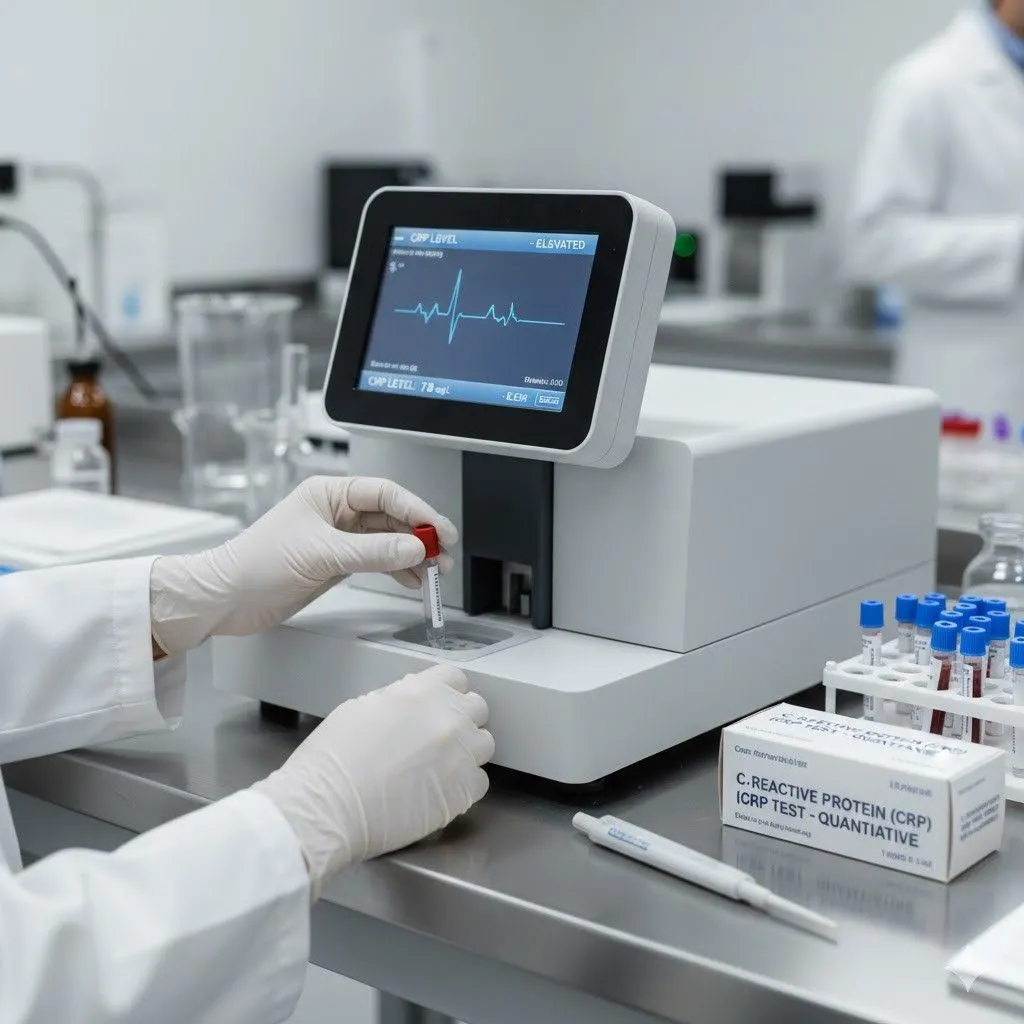Cikunguniya is a viral disease transmitted through mosquito bites. It's rarely fatal, but it can lead to symptoms like joint pain, muscle pain, fever, headache, and fatigue, which can weaken the body even after recovery. While there is no specific cure for Chikungunya, symptoms can be managed with some home remedies.
This article lists the effective and safe Chikungunya home remedies, which provide relief against the symptoms.
10 Effective and Best Chikungunya Home Remedies
Here's a comprehensive list of at-home treatments for Chikungunya symptoms:
1. Stay Hydrated
-
Fever and infection from Chikungunya can cause dehydration.
-
So, drinking a lot of water, herbal teas, and coconut water can help get rid of toxins from the body, which speeds up healing.
What to do:
-
Drink at least 8 to 10 glasses of water throughout the day.
-
Consume electrolyte-rich fluids such as oral rehydration solution (ORS) or lemon water.
2. Epsom Salt Soak
-
Soaking in Epsom salt, which consists of magnesium sulfate crystals, helps relieve pain and inflammation and eases sore muscles.
-
In addition, the warm water aids in boosting blood circulation, which supports healing.
How to use:
-
Mix 1 to 2 cups of Epsom salt in warm water.
-
Soak your affected part in it for about 15 to 20 minutes a day.
3. Turmeric Milk (also called Golden Milk)
-
Curcumin in turmeric is a potent anti-inflammatory and antioxidant compound.
-
It helps alleviate joint pain and inflammation.
How to use:
-
Warm some milk in a pan over a low flame.
-
Add turmeric powder and a little bit of black pepper to it.
-
Stir well and let it simmer for about 2 to 3 minutes.
-
Consume one time a day, ideally before bed.
4. Ginger Tea
-
The potent pain-relieving and anti-inflammatory properties of ginger help fight off pain.
-
This makes it an effective solution to relieve joint pain and inflammation related to chikungunya.
How to use:
-
Boil fresh grated ginger in water for 5 to 10 minutes.
-
Strain the tea. If desired, add lemon and honey for taste.
-
Drink 1 to 2 cups of ginger tea daily.
5. Tulsi (Basil Leaves) Water
-
The antiviral, immune-boosting, antibacterial, and anti-inflammatory properties of tulsi make it effective in managing symptoms of chikungunya.
-
It reduces the fever, strengthens the immune system, and aids in fast healing.
How to use:
-
Chew 4 to 5 leaves of tulsi every day.
-
Or make a tulsi tea by boiling a few tulsi leaves in water for 5-7 minutes. Add honey (if wanted).
6. Fenugreek Seed (Methi) Water
-
These seeds help relieve joint pain and fever naturally.
-
Also, they can promote restful sleep, which is very important for healing.
How to use:
-
Soak 1 teaspoon of these seeds in water overnight.
-
Strain the water and drink it in the morning.
-
You can also chew the soaked seeds.
-
Consume this water daily.
7. Papaya Leaf Juice
-
By improving platelet count and immunity, juice made using papaya leaf extract can help improve your health status in Chikungunya.
-
It can help the body's immune system fight off fever and joint pain.
How to use:
-
Crush 2 fresh leaves of papaya and extract the juice.
-
Consume 2 tablespoons of juice one or two times a day (seek medical guidance before using).
8. Neem Leaves
The antiviral effects of neem help fight against the virus and alleviate its spread in the body. Also, it boosts immunity and reduces inflammation and rashes associated with Chikungunya.
How to use:
-
Crush a few fsh neem leaves, strain their juice, and drink 1 to 2 tablespoons every day. Add honey if needed.
-
You can also take a neem bath by boiling neem leaves in water for about 10 to 15 minutes to get rid of rashes and irritation.
-
Also, you can chew fresh neem leaves every day on an empty stomach.
9. Cold Compress
-
Applying a cold compress can reduce inflammation and swelling caused by Chikungunya by constricting the blood vessels.
-
Also, by relieving inflammation, it reduces severe joint pain for a temporary period.
How to use:
-
Wrap an ice pack in a clean, thin towel or cloth.
-
Apply it gently to the affected area for a few minutes.
-
Avoid using it for a longer time to prevent skin damage.
10. Sunflower Seeds With Honey
-
Mixing powdered sunflower seeds and honey helps relieve joint pain and stiffness.
-
Also, vitamin E and zinc in sunflower seeds can boost immunity.
-
Moreover, this combination aids in restoring energy levels and fighting off fatigue.
How to use:
-
Crush 1 tablespoon of organic sunflower seed and mix it in 1 teaspoon of raw honey. Consume it daily, ideally in the morning.
-
You can also apply this mixture on the knee and joints to relieve pain.
Symptoms of Chikungunya
The symptoms of chikungunya last for around 2 to 3 days, and the virus can stay for 5 to 7 days. Here is the list of early symptoms of chikungunya:
-
High Fever
-
Joint Pain
-
Rashes
-
Headache
-
Fatigue
-
Nausea
-
Vomiting
-
Swelling in the hand, foot, and finger
-
Gastrointestinal issues
-
Neurological, eye, and heart complications (in rare cases)
Foods to Eat During Chikungunya
As Chikuguniya weakens the immune system, take these nutrient-dense foods to fight off disease and heal fast:
-
Fresh fruits: Apples, papaya, pomegranates, banana, pineapples, pears, etc.
-
Vegetables: Carrots, green leafy vegetables, spinach, broccoli, and kale.
-
Lean Proteins: Lentils, chicken, and fish.
-
Healthy Fats: Chia seeds, almonds, and olive oil.
-
Hydrating Foods: Broths, soups, and coconut water.
-
Vitamin C-rich foods: Berries, oranges, amla, lemons, guavas, and pineapples
-
Omega-3 fatty acids-rich foods: Flax seeds, fatty fish (sardines, salmon, mackerel, and tuna), and walnuts.
-
Giloy juice: Helps reduce fever, kills bacteria and viruses, and purifies blood.
Avoid the following foods as they worsen inflammation and interrupt recovery:
-
Fried and oily foods
-
Sugary food
-
Processed foods
-
Spicy foods
-
Fatty and red meats
-
Caffeinated and alcoholic beverages
Other remedies include:
-
Get plenty of bed rest and sleep to help the body fight off the virus.
-
Do gentle stretching exercises when pain permits
-
Practice light movement to prevent joint stiffness
-
Try mild yoga poses or breathing exercises if able.
Important Notes:
-
These remedies help reduce Chikuniya symptoms but don't replace medical treatment
-
Consult a doctor before trying any new remedies.
-
If symptoms worsen or persist (especially in older people, children, and individuals with pre-existing health conditions), seek immediate medical attention.
-
Stay protected from mosquito bites during recovery to prevent transmission of the virus and the risk of reinfection.
What Medical Treatments are Available?
No specific medicine is currently available for Chikungunya. The treatment primarily focuses on relieving symptoms. According to the Centers for Disease Control and Prevention (CDC):
-
Take over-the-counter pain medicines such as paracetamol or acetaminophen to relieve Chikungunya symptoms like pain and fever.
-
Do not take non-steroidal anti-inflammatory drugs (NSAIDS), like ibuprofen and aspirin, until the healthcare providers diagnose the dengue. This is because it can lead to a bleeding risk.
In case of severe inflammation and pain, the doctors may prescribe corticosteroids. Currently, no Chikungunya vaccination is available in India. It is crucial to take a doctor's guidance to ensure a proper treatment plan is followed, particularly to avoid medicines that may worsen symptoms or pre-existing health conditions.
Recovery Timeline for Chikungunya
The recovery can take many weeks. So, take proper aftercare to regain mobility and strength. Here is the recovery timeline:
-
Acute phase: 1-2 weeks
-
Recovery phase: 3-6 weeks
-
Long-term recovery: 2-3 months
Steps to consider for a smooth recovery:
-
Gradual exercise: Practice low-impact exercises (such as swimming or walking) or gentle stretching to restore mobility.
-
Stay hydrated: Drink a lot of water to support detoxification and ease healing.
-
Follow a well-balanced diet: Consume foods rich in vitamins and minerals to boost your strength.
-
Regular follow-ups: See a doctor regularly to keep track of the disease's progression and if joint pain persists.
Tips to Prevent Chikungunya
As there is no special cure for Chikungunya, consider preventing the mosquito bites by following these measures:
-
Wear protective clothing: Wear long-sleeved clothes and closed shoes to avoid skin exposure.
-
Use insect repellent: The CDC recommends applying Environmental Protection Agency (EPA)-registered repellents, like with oil of lemon eucalyptus, picaridin, or DEET, to exposed skin.
-
Use mosquito nets: Install them in your living areas, particularly during peak hours (like early morning & late afternoon) to prevent their entry.
-
Use mosquito traps & sprays: Install mosquito traps or sprinkle insecticides in the areas of your home that are prone to mosquitoes.
-
Clear all the stagnant water: Regularly remove the stagnant water from containers such as birdbaths, flower pots, and buckets.
-
Grow mosquito-repellent plants: Those plants include citronella, lemongrass, and marigolds to prevent the mosquitoes from breeding.
Summing Up
Though there is no specific medicine or vaccine, some Chikungunya home remedies are effective in treating symptoms. Giloy, tulsi water, ginger tea, turmeric milk, Epsom salt soak, methi water, neem leaves, papaya leaf juice, etc., are the effective natural remedies that can address the root cause of the problem. If symptoms persist or worsen, see a doctor. Also, take preventive measures to avoid recurrence risk.
Also Read: Chikungunya Joint Pain: Treatments Explained
أسئلة متكررة
What are the best home remedies for Chikungunya?
Giloy, papaya leaf juice, turmeric, ginger paste, castor oil, tulsi leaves, coconut water, etc. are some of the best home remedies for Chikungunya.
What are the home remedies for Chikungunya joint pain relief?
Garlic paste, turmeric milk, ice packs, coconut water, and castor oil massage are helpful in treating Chikungunya joint pain.
Is there any vaccine for chikungunya?
Currently, there is no Chikungunya vaccination available. Being rarely dangerous and short-lived, the symptoms can be managed by medication.
What should be avoided during Chikungunya?
Avoid consuming fried and spicy foods, caffeine-containing drinks, alcohol, and smoking, as they can contribute to weak immunity.
How long does the chikungunya-associated rash last?
It generally lasts for 7 to 10 days. But in some cases, the rashes might stay for a prolonged period, especially if there is severe infection.
Can chikungunya recur after recovery?
Though chikungunya can provide lifelong immunity, it can occur again in very rare cases. However, a person is unlikely to get infected again by a virus once recovered.
-User-1754377709.png)
كُتب بواسطة







